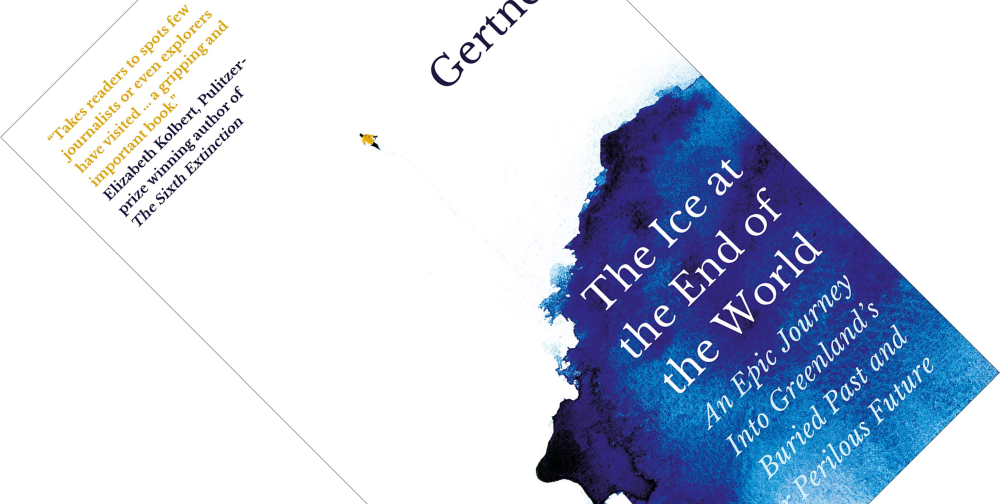A quick twist on the Metamorphosis In a reverse twist on Kafka’s Metamorphosis, a fairly ordinary and even likeable cockroach, wakes up in the body of Jim Sams, the British Prime Minister. This is an occasionally funny book that describes an attempt by the Cockroach wing of the party to…
Category: Reviews
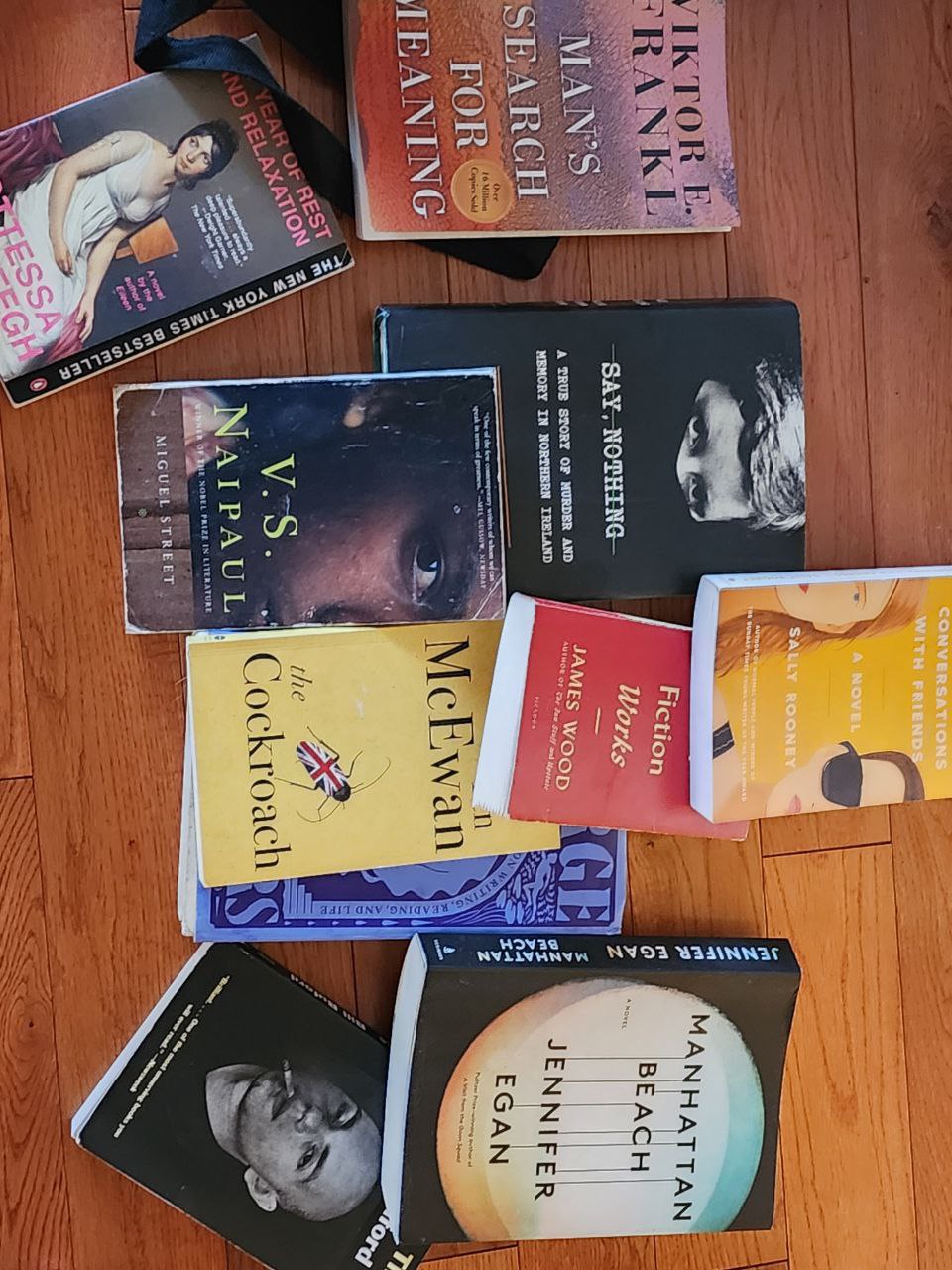
A load of books loaned to me by J.K.
J.K. loaned me a pile of books. Among The Thugs by Bill Buford “This is, if you like, the answer to the hundred-dollar question: why do young males riot every Saturday? They do it for the same reason that another generation drank too much, or smoked dope, or took hallucinogenic…

The Chancellor by Kati Marton
The biography is interesting both for what it says and for what it omits. It’s remarkably thin in terms of content or juicy gossip. Merkel developed deep habits of paranoia when she lived in East Germany, so much so that years later she refused to use text or email. Her…

Genius Makers by Cade Metz
This book is about the renaissance of artificial intelligence (via neural networks) in the early 2000s. The bones of the technology were developed at Cornell University in the 1950s but due to a combination of skepticism in the field and lack of computing power, the idea of the neural network…
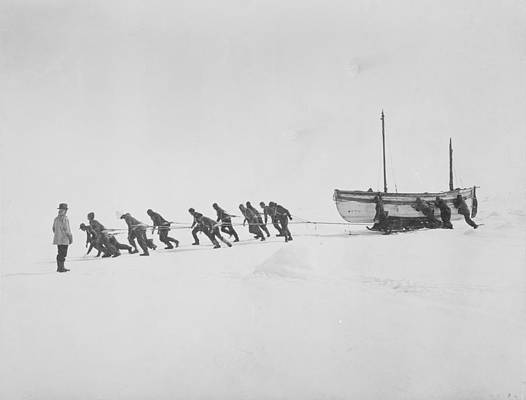
Shackleton, By Endurance We Conquer by Michael Smith
I recently read “The Last Viking”, a biography of Roald Amundsen, the first man to traverse the Northwest passage, the first to reach the North Pole by airship (and possibly at all) and the first to reach the South Pole. It opened my eyes to the heroic age of polar…

No Bears by Jafar Panahi
Iranian cinema filmed in 2022 Iranian “New Wave” cinema seems to forsake narrative in favour of mood, in favour of speculative thought. The recently reviewed “A Time for Drunken Horses” by Bahman Ghobadi is an exception: this is straight storytelling, direct and true. “No Bears” also concerns itself with the…
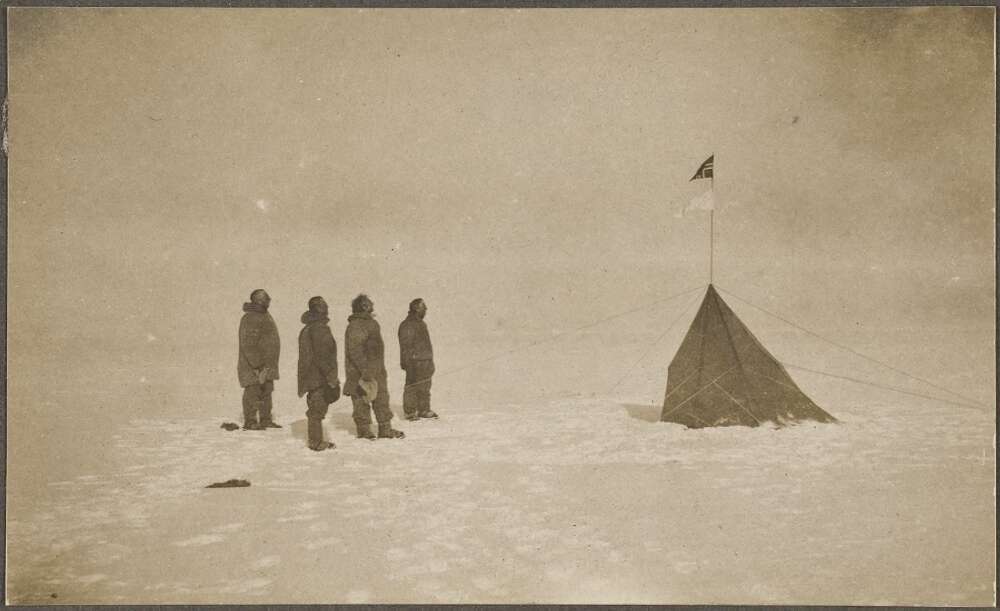
The Last Viking by Stephen R. Brown
This is a fine biography of Roald Amundsen, a Norwegian polar explorer (b. 1872) who won several trophies in the heroic age of polar exploration, including the famed race to the south Pole in 1912, the first to navigate the Northwest passage, and the first to cross the Arctic by…
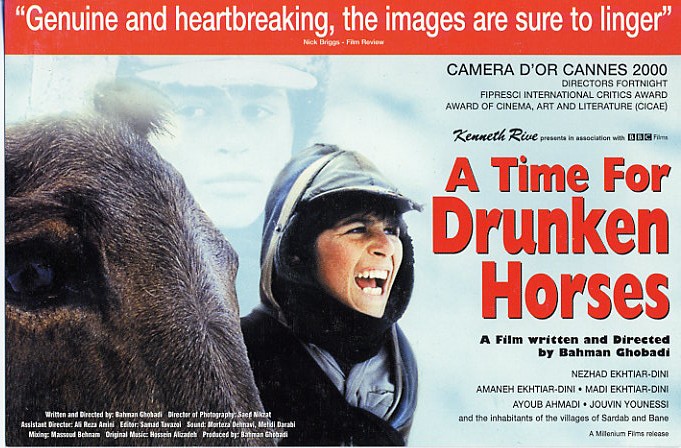
A Time for Drunken Horses
Unlike most Persian films, there’s no metaphor in this story. Some Kurdish children at the Iraqi border have it really, really tough. This film about four children – two sisters, an older sister bartered away for marriage, and their severely developmentally disabled older brother Madi is incredibly difficult to watch…

The Cult of We: WeWork, Adam Neumann, and the Great Startup Delusion by Eliot Brown and Maureen Farrell
Elizabeth Holmes was sentenced to 10 years in jail; Adam Neumann got a billion-dollar payday and has returned from the ashes to found a cryptocurrency startup. Both founders are liars; Holmes’ lies were dangerous, but of the two founders Neumann may have been more brazen. Theranos was a sham, but…

